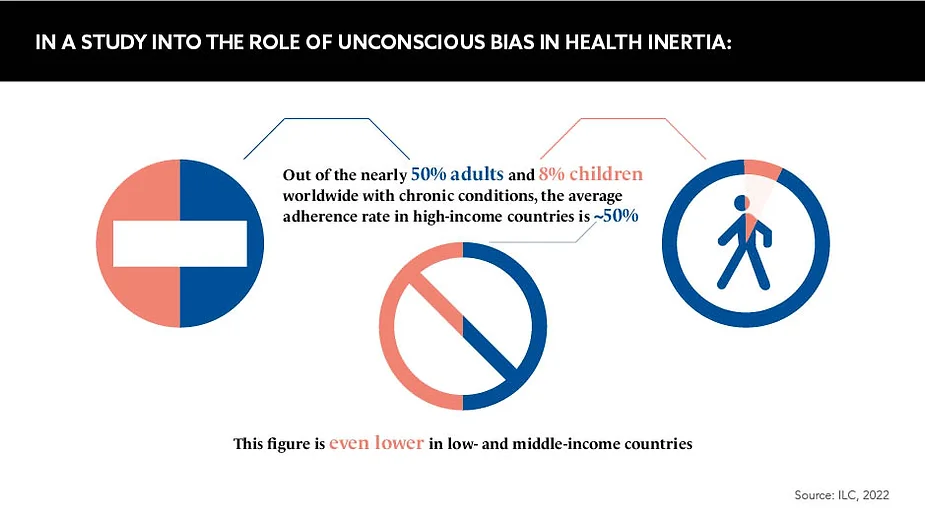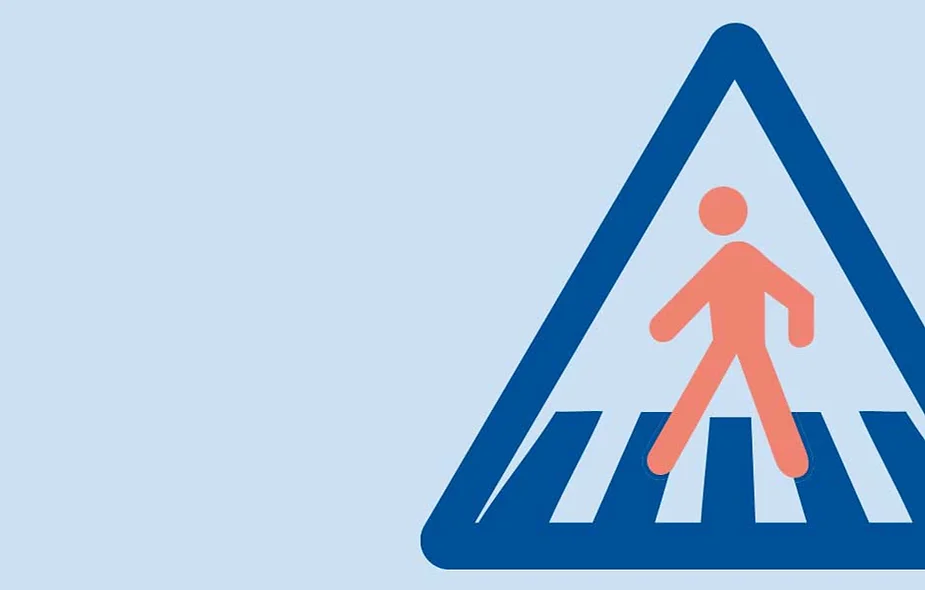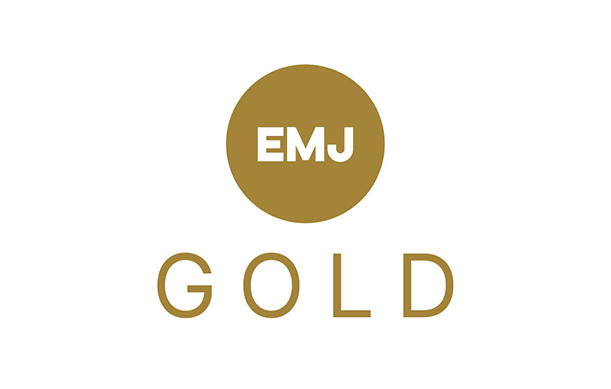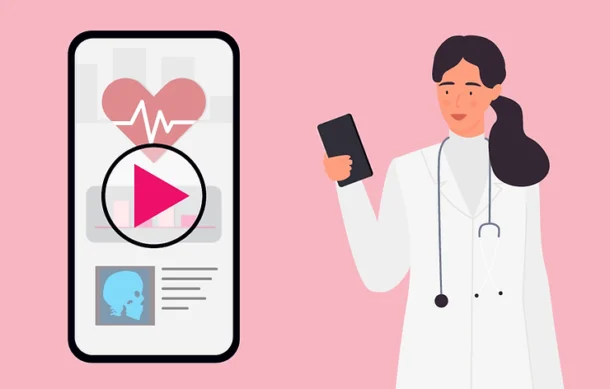Non-adherence to medication can be caused by a range of factors, including unconscious biases. Pharma companies can tackle this challenge by reworking current models to ensure they are connecting with patients’ personal motivations and individual biases
Words by Isabel O’Brien
Playing out against a musical backdrop of grunge, rave and hip hop, the 90s was a decade defined by progress and discovery. Not only did the iconic Nokia 1011 hit the market as the first mass-produced mobile phone, Google came online for the first time, too. The way humans consume and communicate information shifted forever.
Alongside these cultural and technological revolutions, two psychologists, Mahzarin Banaji and Anthony Greenwald, sought to build on existing research to decode why people choose to undertake certain behaviours – particularly seeking to unpack the unconscious motivations behind decision-making.
In 1995, the duo coined the phrase ‘implicit bias’, which describes attitudes or stereotypes that affect people’s understanding, actions and decisions in an unconscious way. Today, the theory is also known as ‘unconscious bias’ or ‘implicit social cognition’, and the concept can go a long way to explain why many people struggle to make positive decisions in relation to their health.
The more biases you have, the more cognitive friction there is. It’s like you can’t get out of your own way
“In the last few years, there has been a lot of attention regarding unconscious bias as it relates to diversity and inclusion,” says Dr Peter Piliero, Vice President, Medical Affairs, Melinta Therapeutics. “However, I don’t think patients’ unconscious biases about their condition leading to impacting inertia is well understood by the pharmaceutical industry.”
Indeed, the industry is at the very start of a journey to understand how unconscious influences could be impacting adherence within different patient populations, but enormous potential could be unlocked if pharma can start tapping into personal motivations and individual biases with its activities.
Types of unconscious bias
“Unconscious biases are incredibly prevalent in non-adherence,” says Katy Irving, Global Head of Behavioural Science, Healthcare Research Worldwide. She highlights the two key strains of non-adherence: intentional and non-intentional, explaining that while each type is separated by distinct differences, unconscious bias can play a significant role in both.
Intentional non-adherence could be triggered by an authority bias, which involves a person experiencing doubts about the credibility of medical advice and therefore refusing to follow the recommended management regimen. “This may appear as people not considering their doctor or the pharma industry as a credible source and therefore distrusting the recommendations,” Irving clarifies.
Likewise, in non-intentional non-adherence, an optimism bias could be an influencing factor. This involves a patient believing their condition is less severe than it really is. “This bias leads patients to underestimate the risk posed by their condition overall and therefore lack urgency to adhere to treatment,” Irving continues.
Other biases include: an ego threat, defined by a struggle to see oneself as a patient; learned helplessness, characterised by a feeling of burnout due to the obstacles of chronic disease; the appeal to nature fallacy, stemming from a belief that natural treatments are ‘good’ and unnatural ones are ‘bad’; and feedback loops where the brain needs a reward
to complete a regimen regularly and successfully.
Additionally, in Wunderman Thompson’s 2021 health inertia report, which unpicked the biases of people with conditions ranging from cancer to depression, it was discovered that people living with chronic conditions are likely to exhibit multiple biases when it comes to their healthcare decisions. Michael Duke, Chief Data and Analytics Officer, Wunderman Thompson Health, who was part of the team working on the project, reveals: “The more biases you have, the more cognitive friction there is. It’s like you can’t get out of your own way.” This same pattern was observed across various disease areas.
Even in routine healthcare decision-making, it was discovered that converging unconscious biases can lead to adverse outcomes being reached. “We saw that people who have more cognitive biases were less likely to have got the COVID-19 vaccine,” adds Mark Truss, Chief Research Officer, Wunderman Thompson Data. He also reveals that only 2% of people they studied exhibited no signs of unconscious bias.
The associated challenges
Clearly, unconscious bias is both a prevalent and impactful factor in non-adherence, but the question lingers of how the pharma industry can tackle an issue that, in most cases, even patients themselves are not aware of.
“It’s difficult for patients to directly report when non-conscious factors are at play,” says Irving. The measures pharma usually relies upon to track and understand non-adherence will not be sufficient in this context because “they rely on self-reporting, so stop short of uncovering the role of non-conscious factors”, she adds.
Therefore, the logical solution would be to ramp up education initiatives about the role unconscious bias can play. But, as Trishna Bharadia, Consultant on Patient Engagement, Chronic Illness, Disability and Diversity, points out: “No amount of education will change someone’s thinking.” This is a widely held opinion, with Duke stating: “Education doesn’t always work. Education does not motivate.”
Unconscious bias is a complex point on the spectrum of adherence factors, easier for the industry to impact than factors such as a patient’s socio-economic status or systemic healthcare system failings, but the challenge still requires a unique and targeted approach.
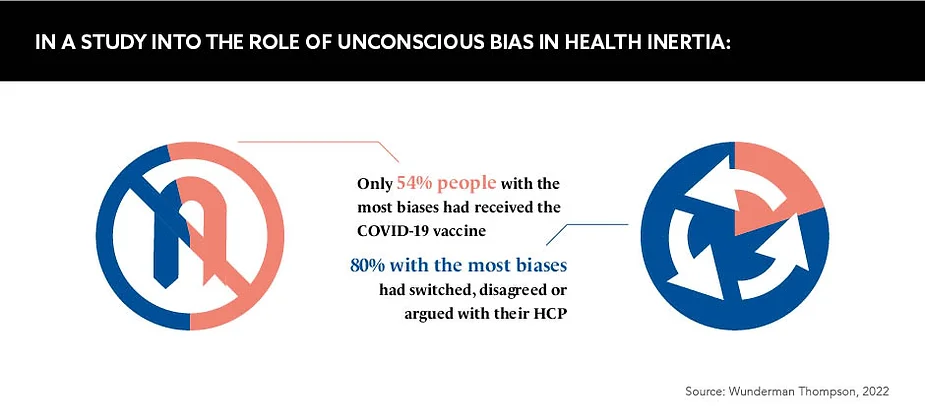
Influencing unconscious bias
For many pharma companies, segmentation will be the answer – much like healthcare professionals are divided and conquered, patients can be segmented by bias type and activities created accordingly. “Pharma companies have to start working on this,” urges Truss. “Understanding it, studying it and bringing in experts who know this space and what it means relative to healthcare.”
Strategies to tackle bias-led non-adherence can be created and activated through both messaging and technological channels. For example, Irving suggests that companies could harness the power of patient influencers, enabling them to “leverage the social proof that comes from peers”, and target patients with authority biases in turn.
Messaging could also be reworked to have “a gentle and approachable tone” that ensures the risks of not taking medication are communicated in a “positive and non-scary way”, Irving adds. Then biases of ego threat, optimism bias and even learned helplessness could be addressed as well.
People living with chronic conditions exhibit multiple biases when it comes to their healthcare decisions
In addition, Irving asserts the importance of adopting gamification tools, particularly for patients on the receiving end of high-burden regimens. Developing technologies such as adherence apps, or adherence-minded packaging like smart caps that change colour, can help the feedback loop bias to be overcome successfully.
The options are plentiful, but first investments must be made in segmentation before strategies that target specific biases at the patient level can be implemented.
Missing a trick
Reflecting on the adherence challenge overall, Caitlin Rich, Medical Consulting and Patient Partnerships, VMLY&R Health, says: “Lack of adherence leads to worse outcomes, and although this is not the fault of the product, it leads to patients and doctors losing faith in a product and switching to another, so the industry loses the business.”
Put simply, if unconscious bias is as prevalent as research suggests, pharma has been missing a trick in its bid to improve non-adherence. If addressed, this could transform the current worrying number of patients who are not reaping the full rewards of their treatment regimens, and there are commercial benefits to be claimed, too.
Unconscious bias may have only entered the world’s vocabulary in the last 30 years, but humans have been under the influence of these unconscious forces since time immemorial. Pharma needs to understand, invest in and accelerate its approach to non-adherence and master the art of understanding biases to influence behavioural change for good.
